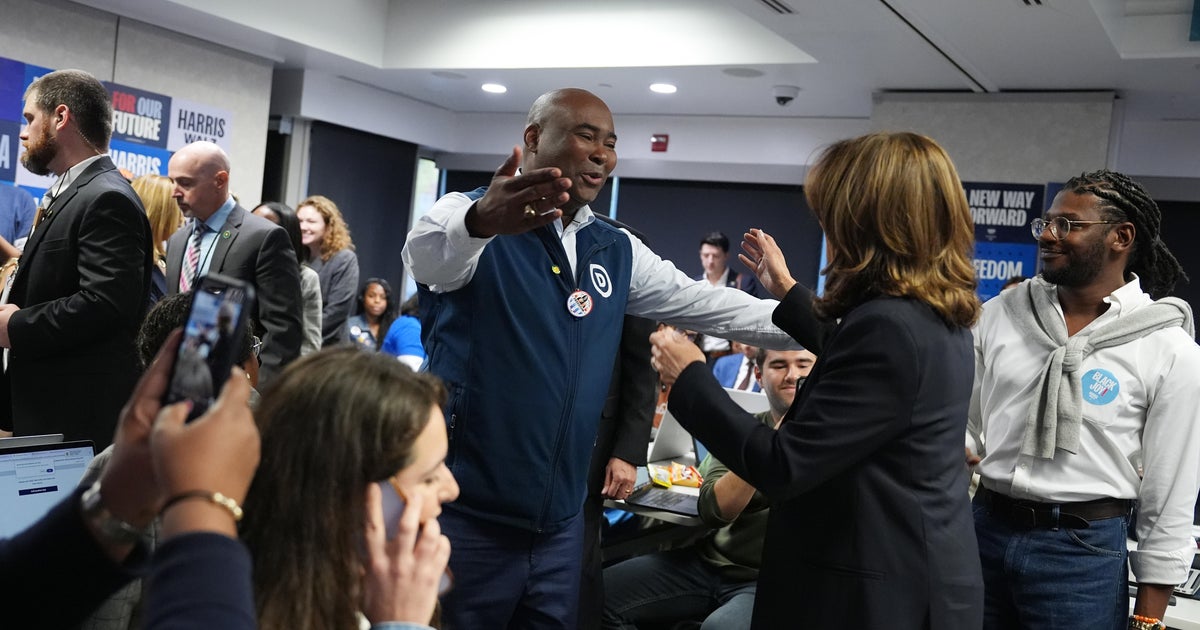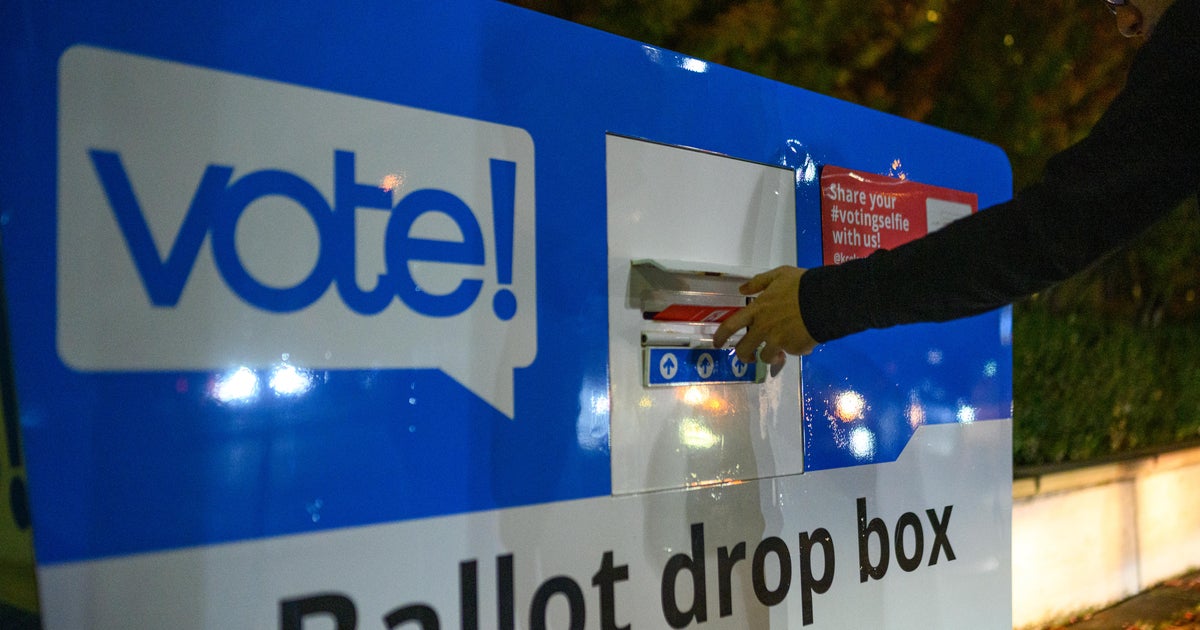DNC in Chicago brings back old memories of 1968 convention. Experts say new challenges set it apart.
As Democrats gather in Chicago for their national convention, the year 1968 keeps coming to mind. While the parallels are clear, the differences may be even more important.
The DNC was also held in Chicago that year, after incumbent Democrat President Lyndon B. Johnson announced he would not seek reelection.
It was a year of campus activism and political violence as a new generation of activists took to the streets to protest America's involvement in the Vietnam War. This led to chaos and violence on Michigan Avenue, in what was later called "The Battle for Michigan Avenue." A federal commission later described the police response as a "police riot."
Bill Kurtis, then a 28-year-old anchor at CBS Chicago, called 1968 a "hell of a year." He is now retired but at one time also anchored the national CBS News morning show.
"You had 10,000 demonstrators gathered, you had a police line that was going to keep them from going to the International Amphitheatre. They gave the word, clear the intersection, and the rest is history," he said.
Inside the convention, where Democrats were gathering to pick a nominee, there were clashes of a different sort. Journalists like Dan Rather tried to find out what the delegates were thinking as the delegates overlooked then-Sen. Eugene McCarthy — who had been the most popular choice, at least among the handful of states that held primaries that year. Instead, they nominated then-Vice President Hubert Humphrey, who supported the unpopular Vietnam War. Humphrey hadn't even run in the primaries, but under the rules at the time, that didn't matter.
Now, with President Biden out of the race in favor of another candidate who didn't run in a single primary, and with college campuses once again seeing protests, the question is whether this year could turn out like 1968.
"It is eerily similar," said Kurtis.
Political historian Marsha Barrett from the University of Illinois and author of the new book: "Nelson Rockefeller's Dilemma: The Fight to Save Moderate Republicanism," agrees — to an extent. She says that while it's understandable to draw comparisons, the moments don't truly compare. The 1968 convention was marked by major political assassinations, a brutal war in Vietnam, and protests attended by tens of thousands who faced a national military draft.
"That sort of questioning of establishment, feelings of uncertainty, that maybe lead people to try to look to the 1960s as sort of a place that they can perhaps, you know, help them make sense of what's, like, they're experiencing now," she said.
Another key difference is that 1968 helped create the changes we see today. Back then, young people, women, and people of color were excluded from the levers of power in the Democratic Party. Today, there is much more diversity and inclusion in society, Barrett said.
Humphrey lost the 1968 election which led to changes in how both parties run their elections. Now, instead of party leaders picking nominees at the convention, voters make that decision during the primaries — except, of course, for this year, which according to Barrett makes things more exciting.
"I think about my students when I watch what's happening. I think they wanna be inspired and they're not. And I'm sort of… I'm kind of waiting for that moment where I wonder if they're gonna watch and say, you know what, maybe change is possible," she said.




